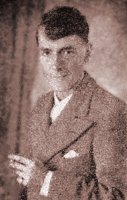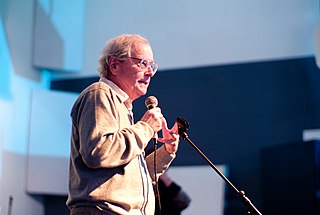A Quote by Timothy Leary
LSD is a psychedelic drug which occasionally causes psychotic behavior in people who have NOT taken it.
Quote Topics
Related Quotes
LSD was my "wonder child", we had a positive reaction from everywhere in the world. Around two thousand publications about it appeared in scientific journals and everything was fine. Then, at the beginning of the 1960s, here in the United States, LSD became a drug of abuse. In a short time, this wave of popular use swept the country and it became "drug number one". It was then used without caution and people were not prepared and informed about its deep effects. Instead of a "wonder child", LSD suddenly became my "problem child".
LSD is no longer playing a bad role in the drug scene and psychiatrists are again trying to submit their proposals for research with this substance to the health authorities. I hope that LSD will again become available in the normal way, for the medical profession. Then it could play the role it really should, a beneficial role.
LSD is really just a small chemical modification of a very old sacred drug of Mexico. LSD belongs, therefore, by its chemical structure and by its activity, in the group of the magic plants of Mesoamerica. It does not occur in nature as such, but it represents just a small chemical variation of natural material.
The idea of psychedelic societies is something new. And it doesn't necessarily mean that everyone takes the drug. It merely means that the complexity and the mysteriousness of mind are centered in the consciousness of the civilization as the mystery which it comes from and which it must relate to in order to be relevant.
The pro-psychedelic plant position is clearly an antidrugs position. Drug dependencies are the result of habitual, unexamined, and obsessive behavior; these are precisely the tendencies in our psychological makup that the psychedelics mitigate. The plant hallucinogens dissolve habits and hold motivations up to inspection by a wider, less egocentric, and more grounded point of view within the individual.
There is also evidence from epidemiological studies that psychotic-like experiences are much more common than has hitherto been thought (with about 10% of the population affected) and that these experiences exist on continua with healthy or 'normal' functioning: instead of the world falling into two groups (the psychotic and the non-psychotic) people vary in their disposition to psychosis and only a minority of people who have these experiences require or seek help.
Man is made for science; he reasons from effects to causes, and from causes to effects; but he does not always reason without error. In reasoning, therefore, from appearances which are particular, care must be taken how we generalize; we should be cautious not to attribute to nature, laws which may perhaps be only of our own invention.































